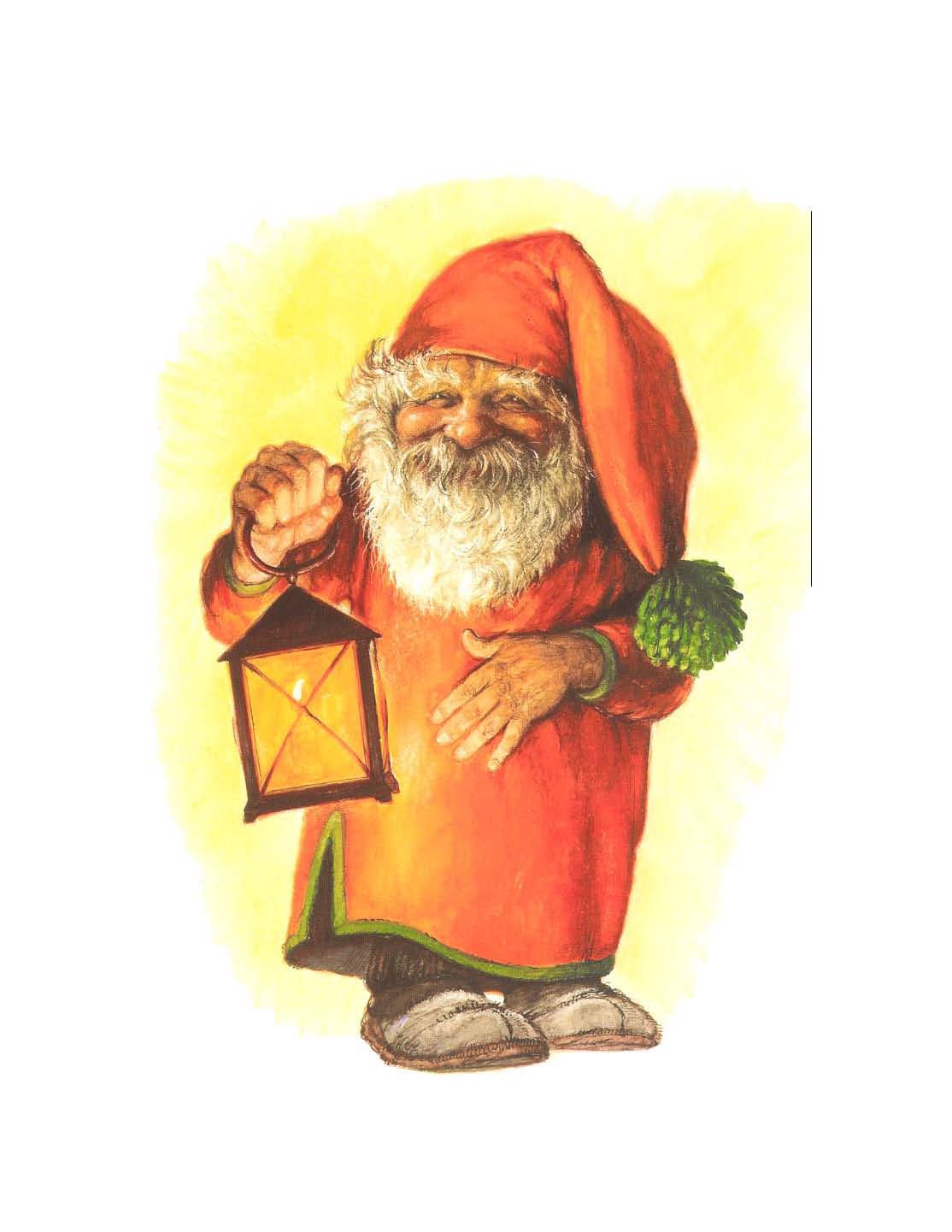Ilyen feladatot már csináltunk korábban is - most 6 beillesztendő szövegrészhez hét opciót találunk. Tessék felhívni a figyelmet a logikai, szerkezeti, vagy akár grammatikai csatolóelemekre! 
Ilyen feladatot már csináltunk korábban is - most 6 beillesztendő szövegrészhez hét opciót találunk. Tessék felhívni a figyelmet a logikai, szerkezeti, vagy akár grammatikai csatolóelemekre! 

Összetett feladat ez a mostani - először is keres az ember valami autentikus szöveget, amire pl. kitűnően alkalmasak a szépirodalmi szövegek, illetve ezek kivonatolt / egyszerűsített verziói, főleg, ha kezdőkkel foglalkozunk.
Ki-ki elkészítheti a (kedvenc) feladattípusai egyikét, hogy legyen nyelvtani megközelítés is, aztán jön a svédcsavar: még egy feladattípust beszúrunk, illetve felhasznélunk, de ennek az alkalmazás szempontjából jó, ha az előzőtől eltérő területet megcélzó felhasználhatósága van.
Most a legegyszerűbb nyelvtani elem (ragozás, igeidők) egy reading-feladattal kombinálva. A második feladat a szövegrészek összekeverten történő kiadása, hogy sorba állítsák, rekonstruálják a tanulók a történetet. A nyelvtani, tartalmi, egyéb kohéziós kulcsok megkeresése a feladat része.
That night we _______ (go) back to the house. When we ______ (see) Helen Stoner's light, Holmes and I ______ (get) in quietly through the window. Then we _______ (wait) silently in the middle bedroom in the dark. We waited for three hours and _______ (move, not). Suddenly we saw a light and ________ (hear) a sound from Dr Roylott's room. But nothing _______ (happen), and again we waited in the dark. Then there ________ (is) another sound, a very quiet sound. . . Immediately Holmes _______ (jump) up and _______ (hit) the bell-rope hard.
'Can you see it, Watson?' he________ (shout). But I saw nothing. There was a quiet whistle. We both _________ (look up) at the air-vent, and suddenly we heard a terrible cry in the next room. Then the house was silent again. 'What________ (mean)?' I asked. My voice ________ (shake). 'It __________ (finish),' answered Holmes. 'Let's go and see.' We went into Dr Roylott's room. The metal box was open. Roylott __________ (sit) on a chair, and his eyes _______ (is) fixed on the air-vent. Round his head was a strange, yellow speckled band. He was dead. 'The band! The speckled band!' ________ (say) Holmes very quietly. The band _________ (move) and _______ (begin) to turn its head. 'Be careful, Watson! It's a snake, an Indian snake - and its poison can ________ (kill) very quickly,' Holmes _________ (cry). 'Roylott ________ (die) immediately. We must _________ (put) the snake back in its box.' Very, very carefully, Holmes ________ (take) the snake and ________ (throw) it into the metal box. 'But how __________ (know, you) about the snake, Holmes?' I________ (ask). 'At first, Watson, I ________ (think) that it ________ (is) the gypsies. But then I____________ (understand). I thought that perhaps something _________ (come) through the air-vent, down the bell-rope and onto the bed. Then there was the milk - and of course, snakes _________ (drink) milk. It was easy for the Doctor to get Indian animals. And because he was a doctor, he ________ (know) that this snake's poison is difficult to find in a dead body. So every night he _________ (put) the snake through the air- vent, and it went down the bell-rope onto the bed. Of course, nobody must see the snake, so every night he __________ (whistle) to call it back. The sound of metal falling was the door of the metal box, which was the snake's home. Perhaps the snake came through the air-vent many times before it ________ (kill) Julia. But in the end it killed her. And Helen, too, nearly _______ (die) because of this snake. 'But tonight, when I ________ (hit) the snake on the rope, it ______ (is) angry and _______ (go) back through the air-vent. And so it killed the Doctor. I ________ (sorry, not) about that.' Soon after this Helen Stoner ___________ (marry) her young man and ___________ (try) to forget the terrible deaths of her sister and stepfather. But she never really ___________ (forget) the speckled band.
A feladat pdf-ben itt.

Ha éppen olyan korosztályt / magántanulót / stb. tanítunk, aki szívesen olvas (ha már kell) olyat, ami érdekli is, egy ötlet, azonnal feladattá alakítva. Pdf-ben letölthető innen.At Slughorn’s
Across, Aloft, Around, At, At, Away, Behind, Down, Here, Into, Nearby, Out, Over, Over, Up, Up, Up, Upon

Egy kis szóképzés, mert abból soha nem elég... :D Az eredeti itt.

Nicole discusses her plans to run for student body president. Nicole wants Ted to ask his friends to vote for her. Ted agrees, in exchange for Nicole's help with his homework.
Nicole: I've decided to run for student body president! If I'm going to become a senator one day, I should get some experience under my belt now.
Ted: Andrea Jenkins is also running. She'll give you a run for your money!
Nicole: Andrea Jenkins is an idiot. I'm by far the better candidate.
Ted: Don't be so full of yourself! I might vote for Andrea.
Nicole: Stop kidding around. Let's get down to business. I need your help.
Ted: You want me to help you!
Nicole: Yes. I need you to talk your friends into voting for me.
Ted: But you never give my friends the time of day. All you give them is the cold shoulder.
Nicole: That's because they've got blue hair and nose rings!
Ted: They're better than your friends — a bunch of goodygoodies and brown-nosers!
Nicole: That's beside the point. Let's talk about your friends and their votes.
Ted: Okay. You scratch my back and I'll scratch yours. If you do my chemistry homework, I'll help you get the votes.
Nicole: I'm not crazy about that idea. But, okay, it's a deal. I hope I can count on you.
Az egyik legnagyobb személyes kedvenc - The Story of the Sandman. A többrészes sorozat részeit a következő hetek folyamán teszem közzé, általában hétvége körül. Az egyes fejezetekből én különféle feladatokat készítettem, melyeket le is lehet tölteni az eredeti pdf formátumban. Ez a sorozat 14+ életkorra és intermediate felett ajánlott. A kiemelt (in bold) szavak vagy kifejezések az általam fontosnak tartott szókincset jelölik, de ezen mindenki módosíthat kedve szerint. Egy ilyen feladat általában kitölt egy 45 perces alkalmat, + HW. Természetes fel is lehet osztani több alkalomra. Akkor indul a történet!

Ez a feladat handout formában letölthető innen.

|
|
Folytatódik a sorozat csupa olyan kifejezéssel, amit nap mint nap hallhat az, aki komolyan foglalkozik a nyelvvel.

Szintén közkívánatra, most nézzünk bele olyan dolgokba, amik már túlmutatnak az iskolai órákon, egészen a közvetlen felhasználás területére. Hiába, no, egyszer mindenkinek fel kell nőni, mert ha kétszer nő fel, baromi magas lesz az illető, és az meg már nem szép. De gavallér.
Akkor a blekkszúp:
Opening/Reference/Reason for Writing - Bevezetés, hivatkozás
• With reference to…
- your advertisement in the Times, …
- your letter/fax/e-mail of 23rd March, …
- your phone call today, …
- our preliminary correspondence
- your inquiry …
• I am writing to
- enquire about …
- apologize for …
- confirm …
- complain …
- express my dissatisfaction with …
- inform you that …
• Thank you for
- your letter of [date] concerning
- opening an account with...
- sending me a [catalogue, quotation]
- your enquiry of [date]
- your letter of March 5th.
• I am contacting you regarding …
• This is to inform you …
• Referring to your letter of [date] concerning the …
• Regarding your advertisement (ad) in ...

Generous, light-hearted, quick-tempered, extroverted, uncompromising or thrifty? Or easily led, lavish, reckless and taciturn?
Egy szótanítási módszer egy kis (saját készítésű) önértékelő-feladatlapon, mely letölthető innen. A feladat első részeként először is meg kell keresni a bal oldali oszlop szavaihoz tartozó ellentétpárt (jelentés alapján), majd ha ennek ellenőrzéseként megvan mindenkinek a kész kiértékelő-táblázat, mehet a rögzítés.
Ennek részleteit annak számos bevethető verziójára tekintettel most is a T. Kollégákra bízom, de hangsúlyoznom kell a feladat nyelvközpontúságát, mely kerüli az olyan értelmetlen módszereket, mint megszégyenítés és társai; ezek az ilyen jellegű feladattípusoknál óhatatlanul előkerülhetnek, és kezelni kell őket.
Itt pedig egy kis nyersanyag, amivel mindenki azt kezd, amit csak szeretne - számtalan féle feladatot lehet ennyi kis kész szövegből előállítani, és még több (vagyis több, mint számtalan :D ) módon lehet elővezetni. Jó felkészülést a tanár kollégáknak!
The stereotype of the English is that they are cold, reserved and unemotional. Compared with the extravagant French or the explosive Italians the English are an uptight lot. If they do feel anything they're not likely to let you now. It's a caricature but it has some truth in it. We grow up in a culture which tells us that it's good to control our feelings. We learn that it's best to restrain our warmth, our tears, and our anger. We learn that it's better to be rational. But is it? What happens to feelings you don't express? Many people argue that they don't just disappear. They continue to exist under the surface and affect the way you feel and behave. Anger that you don't express to others can become anger that you turn against yourself. Fears that you don't talk about may make you timid in all things. You may put on a brave front but inside you're fearful and anxious. Hurts and disappointments that you've never cried over may make you protect yourself hard against any possible new hurt and become over- cautious about getting close to others. How do you show your feelings? The following quiz looks at some feelings that are common to us all and some of the different ways that people react to them. Reactions can range from expressing the feeling spontaneously and directly to finding some way of denying that it exists at all. For each section circle the answer that is most often typical of you.

Nos, ilyen már volt több alkalommal is, és mindig a szókincs növelésének egy kitűnő módjaként hivatkozok erre a feladattípusra. Talán azért, mert az. Ha valakinek kellene megoldókulcs, szóljon. Egyébként holnap hétfő, lehet kezdeni a hetet egy könnyű bemelegítő szóképzés-agytornával (haladóknak). Vagy nem. :D
The capacity to communicate openly and honestly in a relationship does not guarantee (1) _____________ to distress. At times, one person may (2) _______________ the other, causing frustration and conflict. A compromise is normally reached, but this amounts to an (3) ______________strategy. Perhaps people should abandon the (4) _________________ to smooth things over, in favor of an (5) __________________ process, where more fundamental questions are asked. Though this may be very (6) _________________ at the time, the airing of basic (7) _______________ often leads each person to view the other more (8)_______________ in the long run.
Jealousy can be one of the most (9) _____________ feelings in any relationship. In jealousy, there is a perceived loss of (10) ________________; if a partner is paying attention to someone else, that attention is being (11) _____________ from you. Often, these feelings of jealousy remain (12) _____________, either for fear of (13) _____________ the relationship or because of a basic (14) ______________ to confront the issue. Jealousy endured in silence breeds (15) ______________, which in turn bring even greater (16) _____________ to the sufferer.
1) Vulnerable
2) Value
3) Avoid
4) Tend
5) Explore
6) Please
7) Grief
8) Sympathy
9) Agree
10) Affect
11) Hold
12) Speak
13) Stabilize
14) Reluctant
15) Secure
16) Happy